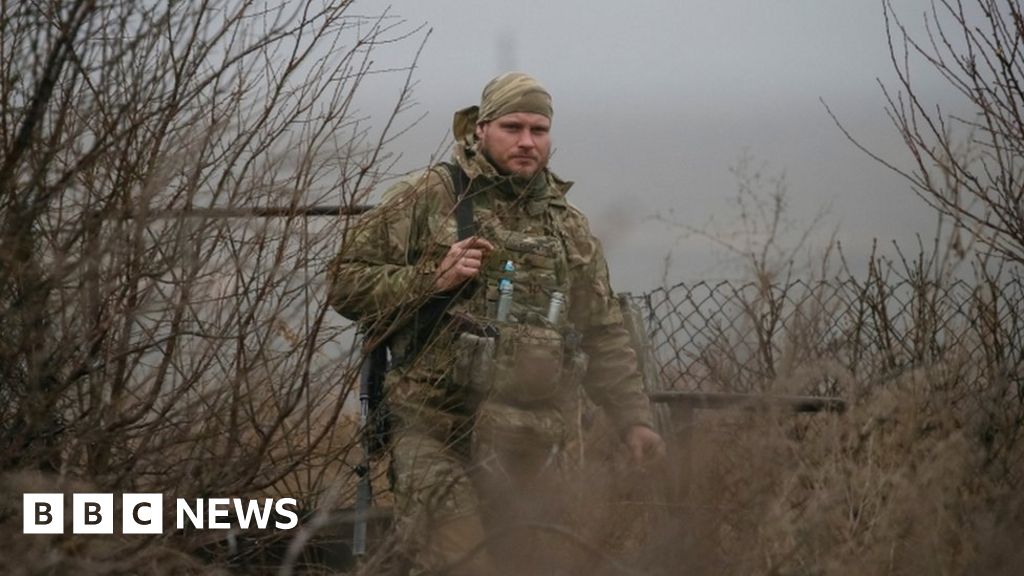Top Notch Best Updated And News of Russia

MOSCOW, April 11 - RIA Novosti, Nikita Bizin. Constantinople announced the creation of an exarchate in Lithuania, although there is already a Lithuanian diocese of the Russian Orthodox Church there. The secular authorities, seeking to get rid of everything Russian, of course, warmly supported this. Who needs a deepening of the split of the Orthodox world - in the material of RIA Novosti.
"Historical Justice"
Against the backdrop of a rapidly developing ecclesiastical conflict in Ukraine , Ecumenical Patriarch Bartholomew's visit to Lithuania at the end of March did not attract much attention. And in vain. The head of the church visited this Baltic republic for the first time in history. Of course, they were received at the highest level. Bartholomew and Lithuanian Prime Minister Ingrida Simonyte signed a cooperation agreement.
A new perspective is opening up before us, as well as the possibility of working together to create an exarchate," the patriarch said.
The problem is that Lithuania is the canonical territory of the Russian Orthodox Church . Local Orthodox parishes are united in the Vilna-Lithuanian diocese. But politicians are not at all embarrassed. Simonyte lamented that Lithuania still does not have a church independent of the Moscow Patriarchate .
And she explained that from the 13th century, local Orthodox were part of the Kyiv Metropolis, which was subordinate to Tsargrad.
“Only at the end of the 17th century, having received the right to ordain the elected Metropolitan of Kiev, did the Moscow Patriarch, in accordance with the “best imperial traditions”, decide to completely take over the Metropolis of Kiev , and with it the Lithuanian Orthodoxy,” she added.
Seized the moment
The Istanbul guest arrived at a time when scandals swept the local community. n the spring of 2022, five Vilna priests said: taking into account the events taking place in Ukraine, the canonical affiliation of Lithuania should be reviewed with a possible transition to the jurisdiction of the Phanar (the district of Istanbul , where the residence of the Patriarch of Constantinople is located).
The Church Court accused them of "trampling sacred vows", disobedience to the ruling bishop, participating in a campaign to discredit the Russian Orthodox Church and its brethren. As a result, the head of the diocese, Metropolitan Innokenty (Vasilyev), defrocked the troublemakers. The vast majority of believers have a negative attitude towards the ideas they spread, he stressed.
The Synod of Constantinople reinstated all five, explaining that the reasons for their punishment "do not stem from church criteria at all." It's all about the position of the clerics on the Ukrainian conflict.
The leadership of the Vilna diocese did not recognize this decision. After all, defrocking is not a disciplinary but a religious act. And he is irrevocable.
According to the canons, such clergymen are not subject to restoration and ordination. They are laymen and will remain so, even if they dare to put on church robes.
Back in June last year, Metropolitan Innokenty asked the Moscow Patriarchate to grant autonomy to his spiritual fiefdom, that is, administrative and economic independence. This status has, in particular, the canonical Ukrainian Orthodox Church .
The Synod of the Russian Orthodox Church postponed this until the Bishops' Council, which is not going to be held in the near future. In turn, Lithuanian officials made it clear that they would not be satisfied with a formal disengagement from Moscow .
“Looking at the experience of other countries, we see that where there is autonomy, it is, as a rule, completely fictitious. continuation of the political one,” said Deputy Foreign Minister Mantas Adomenas.
Trampling the law Moscow's delay plays into the hands of the Phanar. During the March visit of Bartholomew, the position of Metropolitan Innokenty seems to have softened. He invited the patriarch to venerate one of the main shrines in Lithuania - the relics of the holy Vilna martyrs.
According to the bishop, it was "a sign of respect for the high rank" of the guest. By the way, since 2018, Bartholomew has not been officially commemorated in the churches of the Russian Orthodox Church, and canonical communion with Constantinople has been broken.
The state has already provided five disgraced priests with two churches for worship. The question is only in the flock. “An important factor is the 70,000 Ukrainians who came to Lithuania. For them, Cyril’s policy is unacceptable. It is likely that they will seek ties with the new organization,” Adomenas reasoned.
The Russian Orthodox Church sees all this as an attempt to destroy church unity.
“This is a logical continuation of the previously undertaken (Phanar. — Ed.) invasion of Ukraine, the establishment of a schismatic OCU,” said Archpriest Nikolai Balashov, adviser to the Patriarch of Moscow.
And he reminded me: a similar thing happened in the 1990s in Estonia , where there are now two parallel Orthodox structures. And Constantinople has the main condition: the state must help with money, "without which not one of the created institutions could survive." Religious scholar Roman Lunkin also believes that the scenario of the Ukrainian split is being repeated in Lithuania. It's all about the "ambitions of Bartholomew," his desire for "Eastern papism." He wants to establish a rigid vertical of power in the family of Orthodox churches. And for the sake of this, I am ready to disregard the canons.

Russia Ukraine: Moscow lists demands for defusing Ukraine tensions
- Russia has demanded strict limits on the activities of the US-led Nato military alliance in the countries neighbouring its borders.

Covid: Travel and mask rules tightened over Omicron variant
- Face coverings will become mandatory again in shops and on public transport in England from next week as part of measures to target.

Amid Djokovic backlash, Australia grapples with omicron wave
- Like millions of others in the most locked-down place on the planet, Melbourne resident Rav Thomas dutifully spent 262 days confined to his home as the COVID-19

New York attorney general subpoenas Trump for testimony in civil fraud investigation
- The New York attorney general subpoenaed former President Donald Trump for his testimony as part of a civil fraud investigation